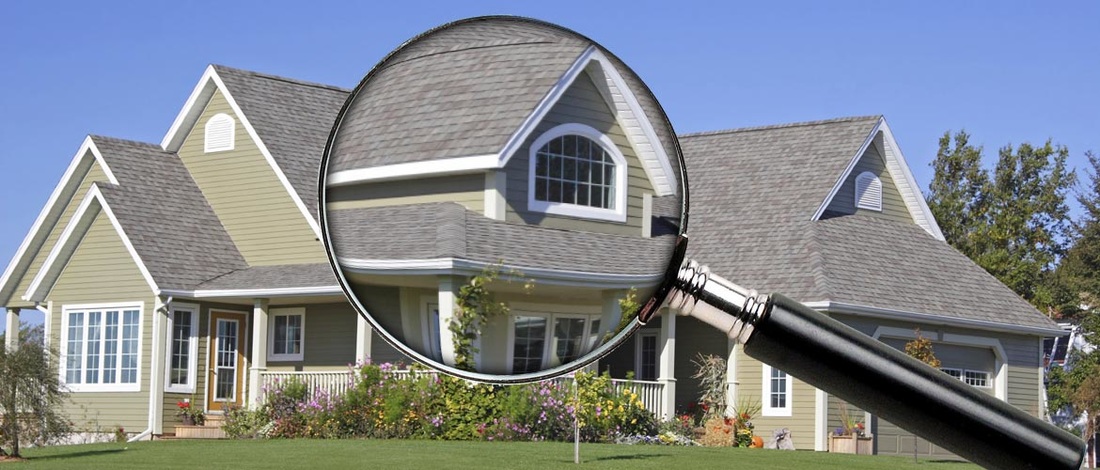The biggest purchase you will ever make is buying a house. It’s important to take precautions before you spend any of your hard-earned savings. A home inspection is required when you make an offer on a house. We will tell you why, how to do it, what it costs, as well as why it is important to have a home inspection.
WHAT DO HOME INSIGTORS WANT?
A home inspection is a key piece of the home-buying puzzle. A home inspection can give you peace of mind, no matter if it’s a brand new or old house. A home inspection will identify hidden problems in the house and help you to avoid costly repairs later. These inspections will not only help you to avoid costly repairs but also make sure that your property is safe.
A checklist for home inspection should include but not be limited to:
* Roof
* Electrical
* plumbing
* Insulation
* Heating
* water damage
These are only a few of the areas that a home inspector will be paying attention to during an inspection. If there is concern in certain areas, the home inspector might recommend a follow-up inspection by a specialist.
The inspector will inspect all items on the home inspection checklist. They will not only be looking for immediate problems, but can also give you a list of potential issues that might need attention in the near future. They will usually provide a follow-up report detailing the cost of fixing the items and the time frame in which they should be repaired.
WHAT IS THE COST OF A HOME INSPECTION?
Sometimes a seller may have had a home inspection completed before listing. However, buyers are usually responsible for paying the bill. The cost of home inspections will vary depending upon the size of your home. It is worth the investment, but you should budget $300-500 for an inspection.
HOW LONG DOES a HOME INSPECTION TAKE?
It will vary depending on the property’s size, but it can usually take between two and three hours.
SHOULD THE BUYER ATTEND A HOME INSPECTION?
It is not required to go to a home inspection of a property that you are interested in purchasing, but it is in your best interests to do so. Your home inspector will be able to point out any problems or make any repairs and you can ask any questions.
What is the most common failure in a home inspection?
A home inspection may uncover many issues. Although minor repairs or cosmetic defects may be noted on the house inspection report, they are unlikely to cause a home inspection to fail. Major problems, such as foundation, mold and roofing problems, can cause a home inspection to fail.
Below are some serious problems that often fail to pass a home inspection.
Roofing
If the roof is damaged or old, the homeowner will likely need to repair it before they inspect. A home inspection may fail if the roof is severely damaged. A home inspector might also include broken or damaged shingles in the report. Be aware of these.
Mold
Inspectors will be able find hidden mold in homes. Mold can be caused by excessive moisture. This could also be due to a drainage or leak problem. Mold infestations that are severe can be costly to treat. Home inspectors should always be aware of this problem.
Drainage issues
A home inspection may fail due to drainage problems or improper grading. Proper grading can lead to problems such as leaky basements, mildew and spongy soil. This is something to be aware of during a home inspection. It could even lead to foundation shifting in the worst case.
Defective Foundation
It is possible for a home inspection not to pass if there is a damaged foundation. It’s expensive to fix if it’s severe. The foundation could be defective if the doors and windows stick to the walls, have sloping floors or have horizontal cracks in its exterior foundation.

